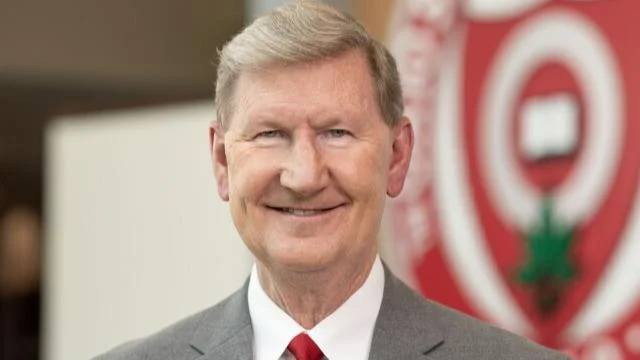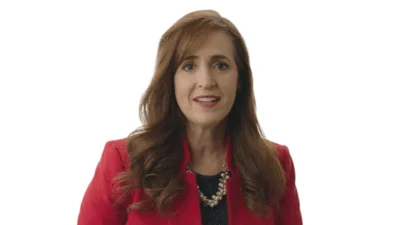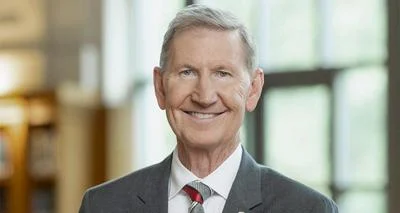Walter “Ted” Carter Jr. President at Ohio State University | Official website
Walter “Ted” Carter Jr. President at Ohio State University | Official website
Food insecurity is an issue exacerbated by crises, placing stress on systems that feed people and often leaving many without enough to eat. During World War I, President Woodrow Wilson initiated the victory gardens program, encouraging Americans to grow their own food to support the war effort. This initiative was popular and resurfaced during World War II. Recently, it has gained traction again in Ohio during the COVID-19 pandemic.
“There was a huge bump in gardening,” said Pam Bennett, a horticulture educator for The Ohio State University Extension in Clark County. “People wanted to know how to grow vegetables. We got calls from people wanting help on how to do it, where to find seeds and so forth.”
Following a promotion of pandemic victory gardens in Kentucky, OSU Extension and the Ohio Department of Agriculture launched the Ohio Victory Gardens program in 2020 across eight counties. In four years, outreach has increased eight-fold, with victory garden seed packs now available each spring in 64 counties.
A significant part of the program’s success can be attributed to OSU Extension’s established presence in Ohio. “It’s easy for us to distribute because we are Extension. Boots are on the ground,” Bennett said. “We’re already teaching, we’re already working with food banks, with community resources. So, we were connected with the resources to get the seeds to people.”
Many participants choose to donate some of their harvests to area food banks. Several counties dedicate community gardens solely to growing food for those who need it most.
“In Clark County, we have one large, 100,000-square-foot garden,” Bennett noted. “Our Master Gardener volunteers plant, maintain and harvest the produce. Then they take that down to the Second Harvest Food Bank on a weekly basis during the summer, sometimes even twice a week.”
These donations are part of Extension’s Grow Ohio program, where Master Gardener Volunteers grow produce for food banks. Last year alone saw more than 85,000 pounds of produce donated to local organizations.
Each county participating in the victory gardens program receives 300 seed packets – a mixture of lettuce, cucumber, carrot and sunflower seeds – resulting in over 19,000 packets distributed statewide. Alongside seeds, Extension provides free gardening tips as well as recipes and canning instructions.
“That’s what Extension does,” Bennett explained. “We have family consumer science educators who specialize in how to use these foods.” She added that collaboration with programs like 4-H brings young people into gardening efforts as well.
Recipes are also provided at food banks where fresh produce is distributed. Some individuals may not be familiar with handling fresh produce.
“Our family consumer science professionals come to the food bank and distribute recipes,” Bennett said. “They do cooking demonstrations and tell people how to use things.”
Bennett shared an anecdote about a man excitedly collecting green tomatoes at a food bank: “He was doing cartwheels because he was going to have fried green tomatoes for the first time in years.”
Looking ahead, Bennett hopes the program can expand into all 88 counties in Ohio so more residents can grow their own food using available spaces such as yards or apartment balconies.
“Try it,” she encouraged. “The seeds are free. You don’t have anything to lose.”
Most of this year's seeds have been distributed; plans for next year will be shared on the victory garden website: https://u.osu.edu/ohiovictorygardens/sowing-the-seeds/.
---





 Alerts Sign-up
Alerts Sign-up